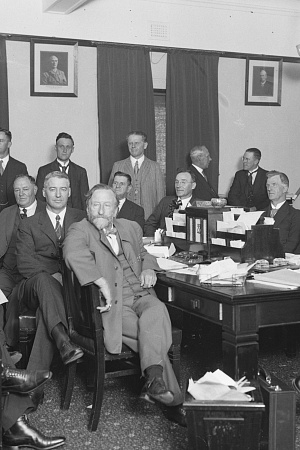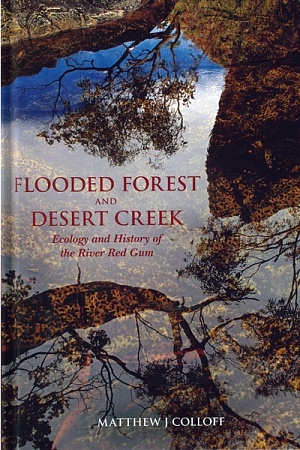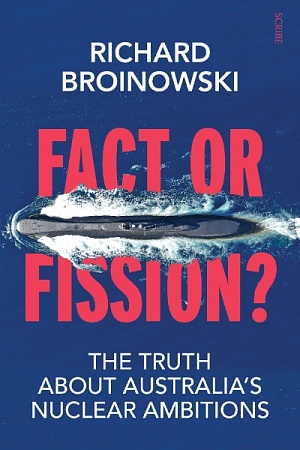Listening to the science
If the Covid-19 pandemic has taught us anything, it is that there has never been a better time to respond to the climate crisis than now.
The global nature of Covid-19 has made it clear that global issues need a coordinated response and can easily affect the welfare of every human being on earth. The virus has shown us that it is absolutely crucial to listen to the science. Governments, in responding to epidemiological forecasts, have rapidly spent hundreds of billions of dollars on welfare subsidies, enforcing social distancing, protective equipment, mental health services, and vaccine research.
The political will to protect populations based on medical advice has been enormous. But many of the same politicians who have displayed such determination have all but ignored the climate crisis, though its causes and solutions are obvious. This dangerous chasm between knowledge and action is at the centre of a grave contradiction between these two crises. For a fraction of the budget that has been thrown at solving the coronavirus, based on meagre understanding of it, the climate crisis could be substantially mitigated, especially if measures are put in place quickly.
Whereas the duration of viruses like the coronavirus in human populations has historically been only one or two years, the atmospheric residence time of CO2 is hundreds of years. With the current remaining ‘carbon budget’, we only have ten years to prevent warming of 1.5°C, or twenty-six years for two degrees. Covid-19 is but a fire drill for what we can expect from climate change by 2050. With attribution studies showing that an increase of just 1.2°C above pre-industrial global average temperature made possible the Australian pyrocene of last summer, the third and most widespread mass bleaching of the Great Barrier Reef in February 2020, and the highest recorded temperature in the Arctic Circle of 38°C in June, the scale of the problem becomes apparent.
Warnings about an increase of two degrees in global average temperature are often dismissed; some people see it in terms of day-to-day variability in the weather they experience. But two degrees in global climate terms means there is so much more energy in the system available for extreme weather: heatwaves, superstorms, floods, dry forests, and extended and intense fire weather. The additional heat going into the oceans today compared to 1750 is enough to boil Sydney Harbour dry every four hours.
For humans, and indeed all species, adapting to a 1.5°C or 2°C world will require far more spending and regulation by governments than we are seeing around Covid-19. This could be avoided by listening to the climate science just as earnestly as politicians are saying we must listen to medical science.
Paradoxically, many of the concepts medical scientists have used to explain the virus, usually in a briefing accompanied by a nodding politician, relate directly to public education on climate change. At the beginning of the pandemic, we heard how every hour and minute were important in preventing a runaway pandemic, just as each year is vital in avoiding the committed warming that future generations will have to cope with. ‘Flattening the curve’ of the virus or bending the CO2 or temperature curve downwards follows the same principle. James Hansen and Makiko Sato have pointed out that the concept of a ‘delayed response’ regarding how actions today relate to dire consequences later is central to both crises. They also point to ‘amplifying feedbacks’ that overwhelm human control of these crises. An overrun health system will result in active cases not being treated as well as increased medical staff infections, just as a loss of the ocean’s ability to act as a carbon sink, or the melting ice sheets’ ability to re-radiate heat, will accelerate the rate at which humans will lose control of temperature increases.
Clearly, what is needed is a proven vaccine – for both the virus and climate change. This is where the incongruity between the response to Covid-19 and to climate change has become most absurd. Globally, every nation is trying to be the first with a vaccine. Meanwhile, with regard to climate change, there has been insufficient political will to act until other nations step up first. In Australia, we have a vaccine for climate change – renewable energy supported by energy storage – which has been all but ignored by the Australian Government Technology Investment Roadmap, released in September 2020.
The roadmap, which may as well have been written by Australia’s fossil-fuel companies, ignores the proven power of solar and wind that already provide twenty-five per cent of the nation’s energy. The delaying tactic of suggesting that more research and development on new technologies are needed, rather than simply accelerating what Australia is already doing with solar and wind, is a concession to Big Coal interests. Since 2003, more than $1.3 billion in government funding has been squandered on ‘carbon capture and storage’, an elaborate ‘coal can be clean’ PR campaign, which has not resulted in a single commercially operating plant capable of sequestering CO2. In 2020, per megawatt, wind and solar are cheaper than the coal and gas for electricity generation even if you don’t price in health.
Australia is blessed with so much wind and sun that it could rapidly transition to one hundred per cent carbon neutrality and could be a net exporter of energy to Southeast Asia and create tens of thousands of jobs in the process. Economists can explain this, but they don’t have the expertise to tell you of the societal and environmental risks of not making this transition. Ultimately, it is the physics of climate change that must be respected, long before it becomes irreversible and long before human agency has lost control at personal, national, and global scales.
This article, one of a series of ABR commentaries addressing cultural and political subjects, was funded by the Copyright Agency’s Cultural Fund.














Comment (1)
Leave a comment
If you are an ABR subscriber, you will need to sign in to post a comment.
If you have forgotten your sign in details, or if you receive an error message when trying to submit your comment, please email your comment (and the name of the article to which it relates) to ABR Comments. We will review your comment and, subject to approval, we will post it under your name.
Please note that all comments must be approved by ABR and comply with our Terms & Conditions.